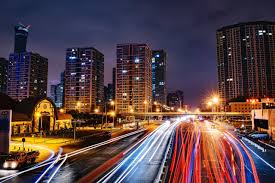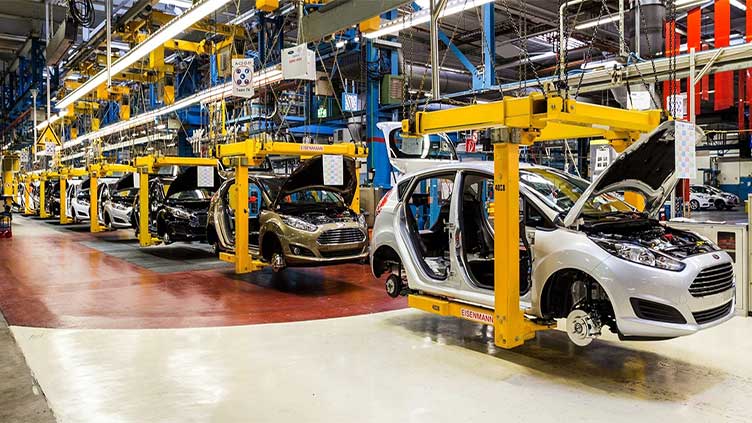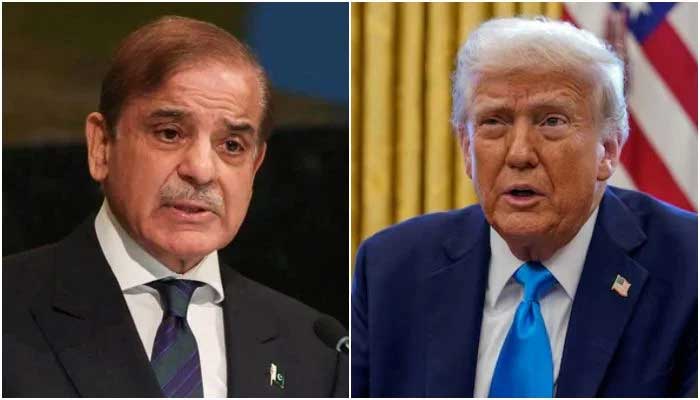When I first came across the headline that an Electric Car Manufacturing Plant is planned in Punjab, I paused for a moment. Honestly, it gave me this mixed feeling of surprise and excitement. Surprise, because I didn’t expect such a big industrial move in our backyard so soon. Excitement, because this isn’t just about a factory, it’s about a whole new future for mobility, jobs, and even the environment.
I want to share my personal take on why this project matters so much, not just for Punjab but for everyone keeping an eye on the global electric vehicle revolution.
Why This Project Stands Out
Let’s be real over the years, we’ve all seen big announcements about “mega projects” that either stalled or never really happened. But this one feels different. Why? Because it’s backed by a Chinese company that already has strong roots in EV technology.
Think about it: China leads the world when it comes to electric vehicles. From batteries to affordable EV models, they’ve already set the benchmark. The fact that such a company is betting on Punjab shows two things: our region has potential, and the EV market here is about to heat up.
Punjab’s Location Advantage
One of the smartest decisions, in my opinion, is setting up this factory in Punjab. The province is well connected I mean, highways, logistics networks, and close access to growing markets. That makes it a natural hub for manufacturing.
I can already imagine Punjab-made EVs not just serving local car buyers but also making their way into neighboring countries. The idea that cars rolling out of a plant here could be seen on international roads puts a big smile on my face.
Clean Mobility and Everyday Life
If you’ve ever experienced Punjab’s winter smog, you know exactly why clean mobility is a necessity. Breathing becomes difficult, and daily life feels like a battle against pollution.
That’s why this electric car manufacturing plant planned in Punjab feels so timely. It means we’re moving toward quieter, cleaner, and more sustainable vehicles. Personally, I dream of driving an affordable electric car made right here—a car that doesn’t add to the pollution crisis and saves money on fuel.
The Economic Ripple Effect
Beyond cleaner air, let’s talk about the economy. A factory of this scale means thousands of new jobs. It also means local businesses—from suppliers of parts to charging station operators—will get a massive boost.
And here’s something I find even more exciting: skill development. Factories like these often come with training programs that upskill our workforce. Imagine young engineers, mechanics, and tech experts building expertise in electric mobility right here in Punjab. That’s not just employment—it’s future-proofing our youth.
But Let’s Not Ignore the Challenges
Of course, I don’t want to paint an unrealistically rosy picture. Building EVs isn’t exactly the same as setting up a brick kiln or textile factory. It’s high-tech. You need specialized workers, steady electricity, and a supportive government framework.
There’s also the big question: will people actually buy electric cars? From where I stand, the answer is “yes”—but only if the vehicles are affordable and the charging infrastructure is reliable. Without that, adoption will be slow. I think the government will need to step in with incentives and policies to make it easier for people to switch.
Looking at the Global Scene
When I look outward, I can’t help but compare this with what’s happening worldwide. In the US, Tesla turned EVs into a lifestyle choice. In Europe, governments are giving out subsidies to make EVs cheaper. In China, electric cars are practically mainstream now.
Punjab joining this trend through a new EV manufacturing plant feels like the right move at the right time. If we don’t act now, we risk falling too far behind. But if we grab this opportunity, we can catch the global EV wave before it’s too late.
My Personal Hopes
On a personal level, I’m rooting for this project. I picture myself walking into a showroom one day and seeing a shiny new electric car proudly labeled, “Made in Punjab.” That moment would be huge—it would mean that clean technology isn’t just something imported from abroad, but something we contribute to.
Honestly, there’s a sense of pride in that thought. It’s more than a car. It’s a statement.
The Bigger Picture: More Than Just Cars
Here’s the thing—once electric cars take off, it rarely stops there. Think electric buses ferrying commuters, two-wheelers zipping through crowded streets, delivery vans making zero-emission runs. Punjab could eventually produce all of these.
And if you connect this with renewable energy, like solar-powered charging stations, we’re not just talking about cars anymore—we’re talking about a whole green economy. That’s futuristic, but it feels realistic at this point.
A Partnership That Makes Sense
What I like most about this collaboration is that it actually makes sense. Punjab has the workforce, the market, and the hunger for growth. China brings the experience, the technology, and the production expertise. Together, it feels like a win-win.
If this project is executed properly, it could put Punjab on the global EV map. And honestly, that’s something we’ve been waiting for—a leap from being consumers of global technology to actually being part of its production.
Final Thoughts
To wrap it up, the Electric Car Manufacturing Plant planned in Punjab isn’t just another industrial headline—it’s a powerful signal of change. For me, it represents cleaner roads, better jobs, stronger skills, and a brighter future.
I know challenges will come, but I believe the benefits outweigh the risks. If we support the project as a community, as consumers, and as policymakers, Punjab could soon be more than just a participant in the EV revolution. It could be one of its driving forces.

















